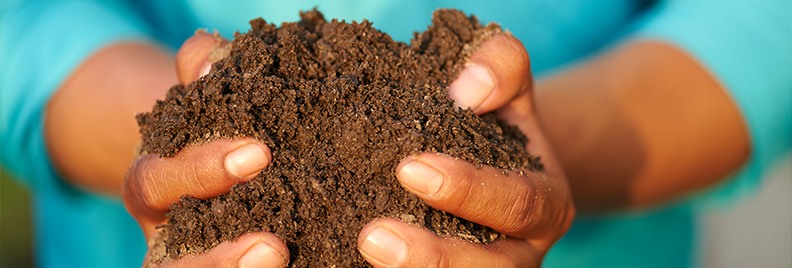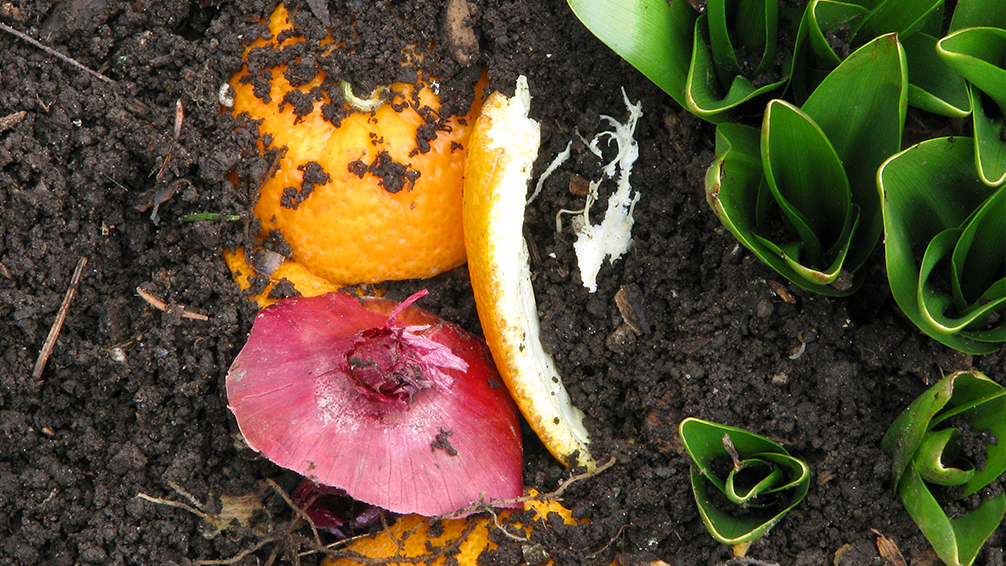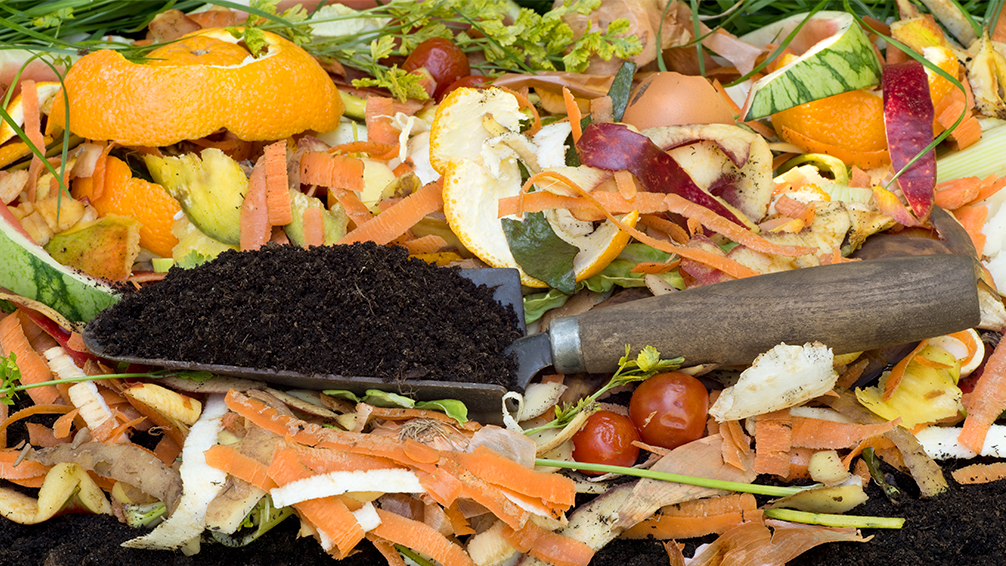
Why Your Soil Absolutely Needs Compost
Why Do We Need To Add Compost Into Soil?
How To Add Compost Into The Soil
You’ve probably heard of adding compost into your soil before, but you might not be sure as to why it’s necessary. We can’t blame you for that — after all, it sounds kinda gross at first. Stirring in a bunch of decomposing vegetables and other kitchen trash into your garden? Yeah, not the most glamorous of tasks. But we swear, it will help your plants grow bigger and greener, and it will maintain a healthy balance of good bacteria in the soil! It’s definitely worth the effort, and if you make your own compost at home, you can end up reducing your household waste by up to 50 percent! Your soil will thank you, and so will our homegirl Mother Nature. Now, without further ado, let’s break down the basics (get it? “Break down?” Because it’s compost?) and explain exactly why your soil needs compost in Houston.
Why Do We Need To Add Compost Into Soil?
Think of it this way: the soil is where your plants get all their food from. If they’re sitting in the same patch of soil for months on end, and water keeps running through it, after a while there just won’t be enough nutrients for your plants to soak up. It’s like if you kept using the same tea bag over and over; eventually, there won’t be any good stuff left. By mixing in organic compost to your soil, you’re giving it a huge boost in vitamins and nutrients, so your plants will grow strong and healthy.
On top of that, a lot of areas in Houston have heavy clay soil. This leads to slow drainage and soil compaction, by adding organic matter and healthy microbial activity we can help soils to drain and stay loose. That’s why we need to use high quality compost like Nature’s Way Leaf Mold. Compost will help you achieve a perfect environment for healthy root growth, so there’s just the right amount of moisture, the right amount of drainage, and a steady supply of nutrition for your plants. That’s a win-win-win!

How To Add Compost Into The Soil
There are several methods of adding compost into the soil. Some folks brew up a compost tea and water the garden with it, which pretty much kills two birds with one stone, but it doesn’t change the structure of the soil. Some will apply it as a top dressing to their soil, whereas others will just go to town with the trowel and mix it all up. Depending on how established your garden plants are, or if they have a delicate root system that isn’t keen on being disturbed, you can choose your compost application method accordingly.
If you want to add some compost ASAP and don’t feel like waiting for several months for your first batch of homemade compost to break down, you can always buy the pre-mixed stuff from us! Nature’s Way compost is one of our top sellers at Plants For All Seasons — they’ve got compost mulch, the ever-famous “black gold compost,” and several other blends specifically formulated for your different garden needs. MicroLife is another brand that we love, with an Humates Plus that is second-to-none. If you’re unsure of which blend to purchase, visit us at the garden center and one of our experts will help you get all set up.

It’s pretty simple to start composting at home, and the reduction of household waste is great for the environment. The less waste that ends up in the landfill, the fewer greenhouse gases get emitted into the atmosphere! You can make your own a DIY bin, or purchase one that’s already set up. Most people like to keep it in the backyard, to avoid any unpleasant aromas from taking over the kitchen. Many kitchen scraps and household trash items can be added into your bin, but there are also lots of stuff that can’t go in, so refer to this handy cheat sheet if you’re unsure:
Toss These In The Bin!
- Fruits and veggies
- Coffee grounds
- Paper products that are free from chemical dyes
- Cardboard
- Eggshells
- Tea bags
- Plant prunings (provided they are free from disease or fungus)
- Grass clippings
- Raked leaves
- Wood shavings
- Herbivorous animal droppings (think hamsters, rabbits, etc.)
Don’t Toss These In The Bin!
- Weeds that have started producing seeds
- Meat or fish
- Bones
- Nuts
- Dog, cat, or human waste (just…don’t)
- Dairy products
- Oils or fats

For more information on how to make your own compost and apply it in the garden, don’t hesitate to visit us at Plants For All Seasons and ask us for pointers! We’re happy to help get you started on this ultra-environmentally friendly gardening hack, and we’ve got all the tools and supplies you’ll need.
